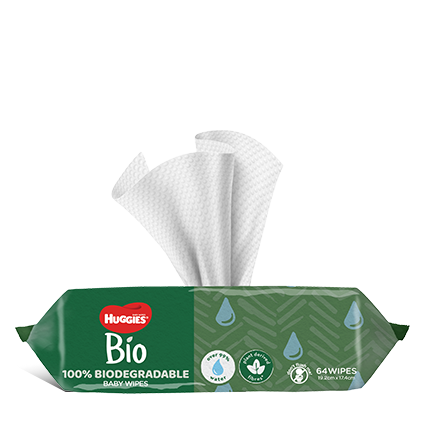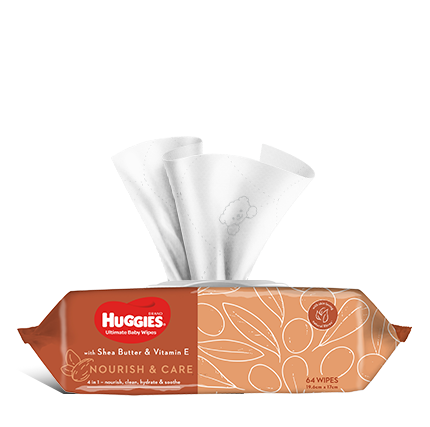What should our children drink?
You need only walk though the drinks aisle of your local supermarket to understand the popularity of apple juice. Many of us are led to believe that apple juice is ideal for children. In fact, the opposite is true. Apple juice is one of the two fruit juices known to cause childhood diarrhea, which in turn can be a reason why a child may fail to thrive.
Children’s fluid needs are best met by water – and then milk. So while the occasional fruit juice (not before six months) can provide nutrients, it should only be given in small amounts. There are many reasons why fruit juice, cordial and soft drink should not be a regular part of a child’s diet, regardless of whether the juice is pure fruit, fruit pulp, has no added sugar and so on. Eating fruit and drinking water is far better for our children.
But isn’t fruit juice good for them?
So many of us believe that if we give our children a little fruit juice, this will ensure they are getting vital nutrients such as vitamin C. While fruit-based drinks and even milk alternatives such as soy, oat and rice can be added to a healthy diet (in appropriate amounts), they can present problems. One of the big issues is that juices (and even, to a certain degree, too much milk) displace food, which can lead to nutrient imbalances. Promoting healthy drinking habits by encouraging your children to drink water, or age-appropriate amounts of milk, is far better.
What’s the problem with fruit juice?
One major concern with young children drinking too much fruit juice is toddler’s diarrhea. The main sugar in fruit is fructose (literally fruit sugar), along with lesser amounts of glucose and sorbitol. We won’t bore you with the chemistry, but the short story is that fruit with a higher amount of fructose over glucose and also with high levels of sorbitol (for example, apple and pear nectar) are more likely to aggravate little tummies.
Too much fruit juice can trigger a chain of events that ultimately inhibits a child’s development and ability to thrive.
- Tummy upsets
- Loose stools (e.g. diarrhea)
- Loss of appetite
- Poor weight gain
- Reduced growth
Fruit juice facts
- It takes about four pieces of fruit to make one glass of juice. So it isn’t surprising that even a small juice can make your child feel full and less inclined to eat a meal (see also Figure 1).
- Excessive intake of juices (and milk) provides a great deal of calories from sugars and can displace nutrients. This could compromise the variety and total nutrients (and fibre) that your child gets over the course of the day. This may explain why your child hardly seems to eat but will gulp down milk by the bottle.
- Too much apple or pear juice can also lead to severe diarrhea.
- Some drinks can contribute to dental cavities.
- Too much fruit juice (more than 350ml/day) may be linked to obesity in toddlers.
- Excessive intake of juices has been associated with failure to thrive (NHMRC, 2003).
Figure 1 Energy content of commonly consumed drinks
| Beverage | Energy content (kJ per 250ml) |
| Water | 0 |
| Fruit juice, commercial, no added sugar | 355 |
| Fruit juice, commercial | 378 |
| Cordial, lime juice | 366 |
| Soft drink, cola | 438 |
| Milk, whole fluid | 678 |
| Milk, fat-reduced (not suitable for young children) | 585 |
What can my child drink?
Recommendations vary, but when looking for a safe juice for your child, choose citrus juice, strawberry, raspberry, blackberry and white grape juice as they do not contain sorbitol. This is particularly important when your little one already has a tummy upset. Orange juice is especially good because it has equal parts of glucose and fructose and no sorbitol.
Some quick pure fruit juices facts:
- Orange: a source of vitamin C, potassium, folate and thiamin
- Apricot nectar: high in vitamin A and contains a small amount of iron and zinc
- Prune: highest in iron, zinc, fibre and niacin
- White grape: high in vitamin C, and the best juice for healing the intestines
- Apple: has no nutritional advantage over other juices, but is good for flavoring water because it dilutes well
How much is ok?
While there is no firm consensus on the amount of juice a child can drink – each child reacts differently to varying amounts and types of juices – I recommend erring on the side of caution. (see also Figure 2). For infants (over 6 months), if you opt to use juices, small amounts of diluted fruit juice (1/4 juice to water and no more than a glass a day) are fine. It’s worth remembering though, that your child will not be disadvantaged if you decide not to give them fruit juice at all, provided they have a diet rich in fresh fruit.
Figure 2 Recommended maximum fruit juice intake per day
| 1 – 6 years | 150 mls |
| 7 – 18 years | 240 – 360 mls (over two servings) |
What about milk?
Generally, it’s best to wait until after a child’s first birthday before introducing cow’s milk into their diet. This reduces the risk of allergy or the displacement of breast milk or formula.
Keep in mind that reduced-fat products, including milk, are not recommended for young children.
Milk alternatives after the first year can be good choices for fluids, many of which are fortified with calcium to overcome deficiencies inherent in the fluid itself. Such drinks also offer a variety of fluids and nutrients, and may be of benefit to children with lactose intolerance or other allergies and sensitivities.
Milk alternatives include:
- Soy ‘milks’ (many of which are now fortified with calcium)
- Nut ‘milks’ such as almond milk (high in essential fats and calcium; not recommended if allergy is present)
- Oat ‘milk’ (notably low-glycaemic index and reputed to be good for the nervous system)
- Rice ‘milk’ (can be quite sweet)
Do you have a milkaholic?
Parents often report that their child won’t eat and is content with just milk. When you consider the calories that milk supplies (see Figure 1) it is little wonder they don’t feel the need to eat.
Ensure that milk is not displacing food; this can cause nutrient deficiencies, failure to thrive and dental problems. Meal first, milk later!
This information has been provided by Leanne Cooper from Sneakys baby and child nutrition. Leanne is a qualified nutritionist and mother of two very active boys.
For more information see Kid’s nutrition or Baby Care
Last Published* May, 2024
*Please note that the published date may not be the same as the date that the content was created and that information above may have changed since.




















